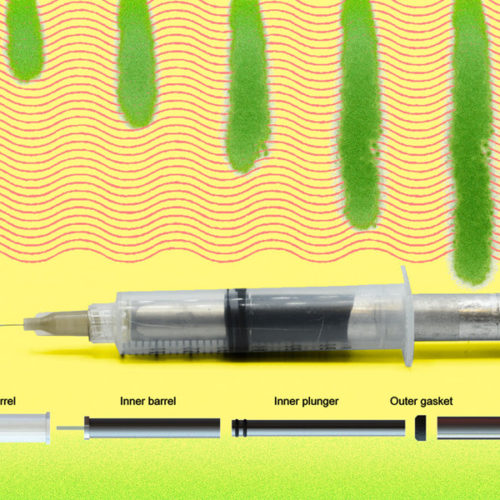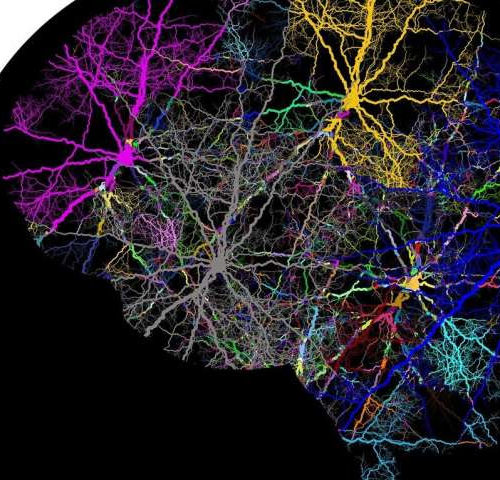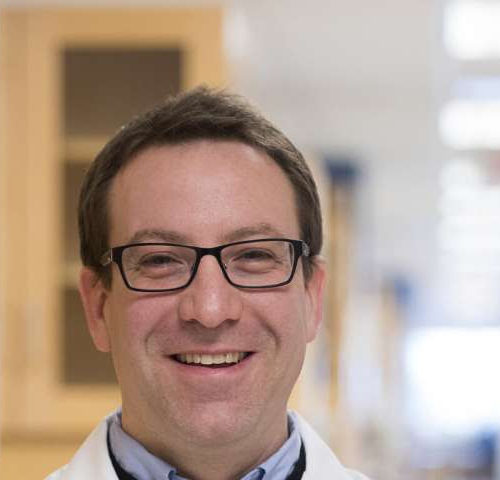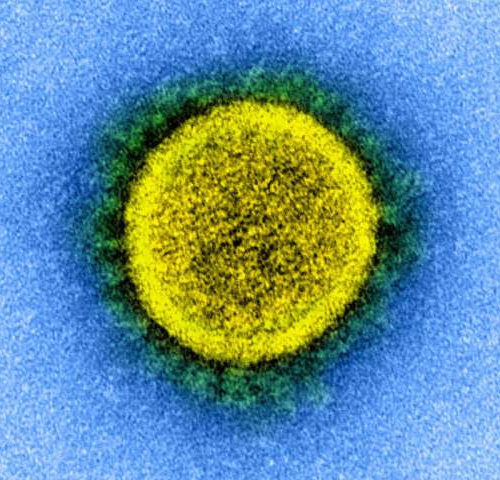International team of scientists discover link between genes and penicillin allergy using biobanks from Estonia, UK and USA Penicillin, a life-saving medicine, is the most common cause of drug allergy, with clinical manifestations ranging from temporary skin reactions to life-threatening systemic syndromes. Thus far, genetic factors have only been found for rare severe allergic reactions...
Tag: <span>systemic</span>
Evidence Mounts for COVID-19 Effects on Thyroid Gland
Editor’s note: Find the latest COVID-19 news and guidance in Medscape’s Coronavirus Resource Center. Rates of thyrotoxicosis are significantly higher among patients who are critically ill with COVID-19 than among patients who are critically ill but who do not not have COVID-19, suggesting an atypical form of thyroiditis related to the novel coronavirus infection, according...
Syringe technology could enable injection of concentrated biologic drugs
Researchers have designed a simple, low-cost device for subcutaneous injection of viscous formulations. MIT researchers have developed a simple, low-cost technology to administer powerful drug formulations that are too viscous to be injected using conventional medical syringes. The technology, which is described in a paper published today in the journal Advanced Healthcare Materials, makes it...
New form of brain analysis engages whole brain for the first time
by Duke University A new method of brain imaging analysis offers the potential to greatly improve the effectiveness of noninvasive brain stimulation treatment for Alzheimer’s, obsessive compulsive disorder, depression, and other conditions. Duke researchers developed the new method, which for the first time analyzed the whole brain network rather than a single region of the...
Avoid opioid prescriptions for sprains and strains, evidence reviews say
Two new evidence reviews related to acute musculoskeletal injuries like strains and sprains suggest other forms of treatments are as effective as opioids and have less risk of harms to patients. The details of the systematic reviews and meta-analyses, led by McMaster, were published August 17 in the Annals of Internal Medicine. The first article...
Drug-induced interstitial lung disease in breast cancer patients
A lesson we should learn from multi-disciplinary integration Announcing a new article publication for BIO Integration journal. In this case report the authors Zijun Zhao, Zhanghai He, Hongyan Huang, Jiewen Chen, Shishi He, Ailifeire Yilihamu and Yan Nie from Sun Yat-sen University, Guangzhou, China consider drug-induced interstitial lung disease in breast cancer patients. Taxanes represented...
Dangerous blood clots form in leg arteries of COVID-19 patients
RADIOLOGICAL SOCIETY OF NORTH AMERICA OAK BROOK, Ill. (July 16, 2020) – COVID-19 is associated with life-threatening blood clots in the arteries of the legs, according to a study published in Radiology. Researchers said COVID-19 patients with symptoms of inadequate blood supply to the lower extremities tend to have larger clots and a significantly higher...
Vascular development may be at risk in autism
by The Ottawa Hospital A Canadian collaboration led by Dr. Baptiste Lacoste has undertaken the first ever in-depth study of vasculature in the autistic brain. Credit: The Ottawa Hospital A Canadian collaboration led by Dr. Baptiste Lacoste has undertaken the first ever in-depth study of vasculature in the autistic brain. The product of four years...
Investigating Ketone Bodies as Immunometabolic Countermeasures against Respiratory Viral Infections
Context and Significance Respiratory viral diseases, such as seasonal influenza or COVID-19, are deadly scourges on society. Immunometabolic therapies may be important tools to reduce the burden of death and long-term disability caused by pandemic viruses. Here, we describe the biological effects of ketone bodies, natural metabolites produced during fasting or carbohydrate restriction, that maintain...
Physicians give first comprehensive review of COVID-19’s effects outside the lung
by Columbia University Irving Medical Center After only a few days caring for critically ill COVID-19 patients at the start of the outbreak in New York City, Aakriti Gupta, MD, realized that this was much more than a respiratory disease. “I was on the front lines right from the beginning. I observed that patients were...
- 1
- 2






